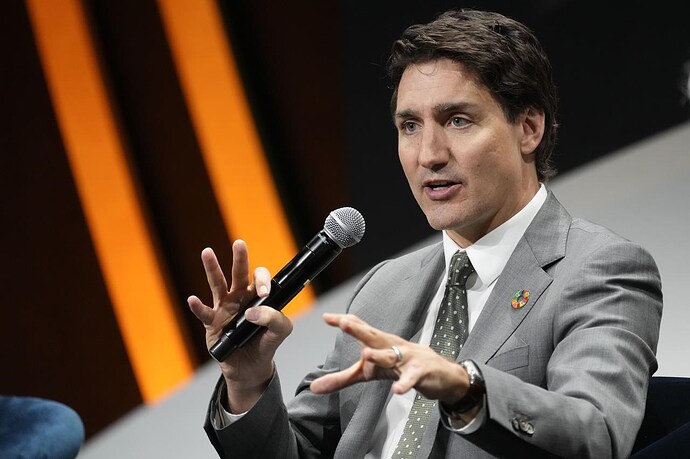A diplomat is a professional who represents their country’s interests in foreign countries. Diplomats are responsible for building and maintaining relationships between nations, negotiating treaties and agreements, and representing their country’s views in diplomatic missions and international organizations. The role of a diplomat is extremely complex and requires a unique skill set that ranges from communication and interpersonal skills to knowledge of culture and politics.
Diplomacy is an old practice, dating back to ancient Greece and Rome, where envoys were sent to ensure peaceful relations with neighboring states. Modern diplomacy, however, is more formalized, and diplomats work within a highly structured system that is governed by international law and convention. There are different types of diplomats, such as ambassadors, consuls, and diplomatic attaches, each with a specific role and responsibility.
Ambassadors are the highest-ranking diplomats, and they are appointed by their heads of state to represent their countries abroad. An ambassador’s primary responsibility is to build and maintain relationships with the host country and to represent their country’s interests. Ambassadors also negotiate treaties, agreements, and other diplomatic arrangements and work closely with government officials and diplomats from other countries. They are the most visible representatives of their countries abroad and play a significant role in shaping foreign policy.
Consuls are another type of diplomat, who works primarily to protect the interests of their country’s citizens in foreign states. They assist with issues such as visa applications, passport renewals, and with providing support in case of emergencies. Consuls also promote trade and investment between their country and the host country and provide information on politics and culture.
Diplomatic attaches are diplomats who work within embassies and are responsible for specific areas such as economic and political affairs, public diplomacy, or military affairs. They work closely with their counterparts in the host country’s government to promote cooperation and understanding between the two countries.
The skills required to be a successful diplomat are complex and varied. Diplomats must have excellent communication skills, including proficiency in multiple languages. They must be able to negotiate effectively, understand international law, and be familiar with their country’s foreign policy objectives. Diplomats should also have a strong understanding of different cultures, customs, and traditions to be able to navigate effectively in a foreign country.
Diplomacy also requires certain personal qualities such as tact, discretion, and cultural sensitivity. Diplomats must be able to build strong and lasting relationships with their counterparts, and they must represent their country with both dignity and respect in all their interactions.
In addition to representation and negotiation, diplomats also play a crucial role in multilateral organizations such as the United Nations (UN), the World Trade Organization (WTO), and the North Atlantic Treaty Organization (NATO). These organizations provide a platform for countries to discuss and resolve global issues such as climate change, terrorism, and economic development. Diplomats work closely with their counterparts from other countries to develop policies and strategies to address these issues.
In conclusion, diplomats are highly skilled professionals who represent their countries abroad. Their roles are varied, complex, and crucial to maintaining peaceful and productive relationships between nations. Diplomats work within a structured system governed by international law and convention and require a unique combination of communication skills, cultural understanding, and a deep understanding of foreign policy objectives. Their work is essential to promoting global stability and prosperity.
Disclaimer
6do Encyclopedia represents the inaugural AI-driven knowledge repository, and we cordially invite all community users to collaborate and contribute to the enhancement of its accuracy and completeness.
Should you identify any inaccuracies or discrepancies, we respectfully request that you promptly bring these to our attention. Furthermore, you are encouraged to engage in dialogue with the 6do AI chatbot for clarifications.
Please be advised that when utilizing the resources provided by 6do Encyclopedia, users must exercise due care and diligence with respect to the information contained therein. We expressly disclaim any and all legal liabilities arising from the use of such content.





